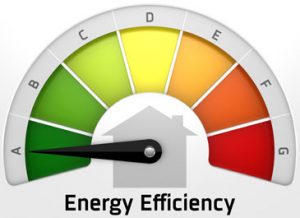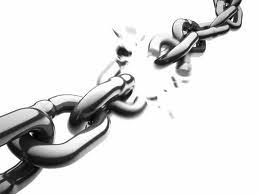 September 2019
September 2019
We all know shorter showers, turning down the thermostat and turning off lights when leaving a room can save energy and money. These small savings pale in comparison to what can be saved when a community works together with an energy consultant.
For a condo community, energy costs may be the single largest expenditure. Reducing this by even 10 percent can save hundreds of thousands of dollars. Once achieved, these savings help keep condo fees lower and can improve resale values.
Working with an energy consultant provides the board with an informed opinion that addresses complex building systems. There is the building’s internal systems and design to consider along with current equipment, newer technologies and a reasonable payback period.
An energy consultant may help resolve seemingly unrelated issues such as unbalanced heating or cooling, banging pipes and better resident control over suite temperatures.
An energy consultant would begin by analyzing the building’s utility bills – electric, water and gas – over a number of years to understand how money is being spent. They will look at usage of each utility, changes of use over time and seasonal patterns. Understanding what equipment is currently in place – age, condition and other factors – presents an understanding of the current workings. They may evaluate quality of windows and building insulation, building plans and how internal systems are connected. A comprehensive review may include visiting individual suites and identifying comfort concerns such as temperature and humidity.
An energy audit can take weeks or months depending on scope. It takes time to collect and evaluate data, and to test equipment. Depending on recommendations, implementation can take years.
 Once an energy audit and recommendations are complete the condo board decides which recommendations, if any, to pursue. Depending on the financial situation of the corporation, funding for recommendations may come from the reserve fund or operations account. It may be possible to pay for upgrades from resulting savings. A loan may be considered, possibly necessary, with repayment from energy savings.
Once an energy audit and recommendations are complete the condo board decides which recommendations, if any, to pursue. Depending on the financial situation of the corporation, funding for recommendations may come from the reserve fund or operations account. It may be possible to pay for upgrades from resulting savings. A loan may be considered, possibly necessary, with repayment from energy savings.





